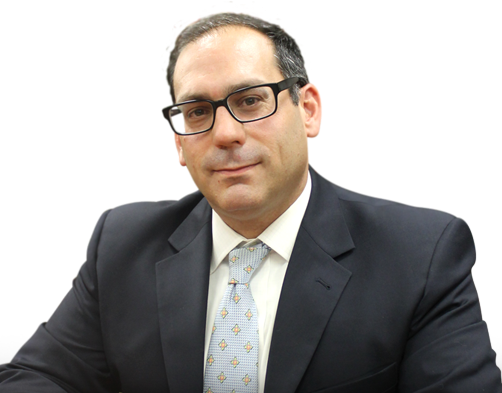New York Criminal Record Consequences
If you are ever convicted of a crime, you expect to be punished in some way, such as being ordered to pay a fine, or even incarcerated. What you don’t expect is that years later, you are still being punished because your criminal record is accessible by exactly the people whom you wish did not know about it. Finally, the New York legislature has recognized the injustice imposed upon people and the harm a decade-old conviction record continues to cause. Beginning October 7, 2017, persons convicted of certain offenses have the ability to get the record of their conviction sealed. Read on for an explanation of the many negative consequences of a criminal record, including some you may not have thought about. For expert assistance getting your record sealed under New York law, call Levy & Rizzo, LLC at 718-585-3400 for a free consultation.
Employment
According to CareerBuilder, 72% of employers conduct background checks as part of the hiring process, and 82% of those checks include criminal background checks. Employers are not supposed to deny an applicant a job based solely on the existence of a criminal record, except when it is deemed necessary considering the nature and gravity of the offense, the time that has elapsed since the conviction, and the type of job at issue. Of course, you may not always be told the reasons you were not hired, and employers have wide leeway in the highly subjective hiring process to find ways to pass over applicants with criminal records.
Housing
Private landlords, and even public housing authorities, are likely to run a background check before renting or leasing. Persons are often rejected housing if their background check reveals conviction of a sex offense, violent crime or drug offense. Applicants for NYCHA housing can find themselves ineligible for housing for several years for drug and alcohol offenses, even low-level misdemeanors and violations. As with employment, even when a landlord cannot legitimately deny you for a criminal record, it is often difficult to uncover and prove the reasons you were denied housing. Having your record sealed from housing background checks can prevent this negative consequence.
Education
Perhaps as a knee-jerk reaction to campus safety concerns, more and more colleges and universities are conducting criminal background checks as part of the screening and enrollment process for new students. This includes all schools within the SUNY system. Applicants who are not rejected outright are often subjected to further scrutiny and may be required to write additional essays, submit to interviews with campus security, or appear before campus administrative boards that bear a striking resemblance to parole boards. Education is invaluable to helping convicted offenders move beyond a criminal past and succeed in life, yet their criminal records ironically may be the one thing holding them back from getting that education.
Credit
A criminal record may legally be included when calculating credit scores, although most major credit reporting companies choose not to do so. However, an unpaid fine or assessed court costs could go to collections, and these late payments or debts could do serious harm to your credit score, costing you a hundred points or more.
Credit scores aside, a loan officer evaluates the whole person in deciding whether an applicant is a good credit risk. As a general rule, the bigger loan, the bigger the background check. Also, good moral character is often a criteria for certain kinds of loans, such as business loans, and a criminal record may be a factor in that determination. Expect that an application for credit will trigger a background check, including any unsealed criminal records. Under the Fair Credit Act, credit may lawfully be denied based on a criminal record when it is directly related to the extension of credit or otherwise creates an unreasonable risk that the person is not creditworthy.
Professional Licenses
New York’s system of professional regulation covers 800,000 people and 30,000 business entities in 50 professions. Being a member of a profession often requires you to prove and maintain good moral character in order to get and keep a license, and self-regulating licensing boards routinely impose disciplinary proceedings, including suspension or revocation of a license to practice, based upon criminal convictions. A record of a criminal conviction may well keep you from being able to practice your chosen profession, from doctors, nurses, engineers and accountants to massage therapists and interior designers.
Home and Community
A criminal record can disrupt your home and personal life in many ways, including your relationship with your children after a divorce or child custody dispute. Anyone with $65 in their pocket who knows your name and date of birth can access your criminal record. Your relationship with your neighbors and your standing in your religious group or broader community can all be negatively impacted once knowledge of a criminal record is brought out. Getting your record sealed can prevent these sad consequences.
Put an End to These Negative Consequences. Call Levy & Rizzo, LLC Today.
If your record is sealed, it is effectively hidden from all of the above. Give yourself the best chance at a brighter future. Call Levy & Rizzo, LLC at 718-585-3400 and talk to an experienced New York criminal defense attorney about your options for getting your record sealed.





